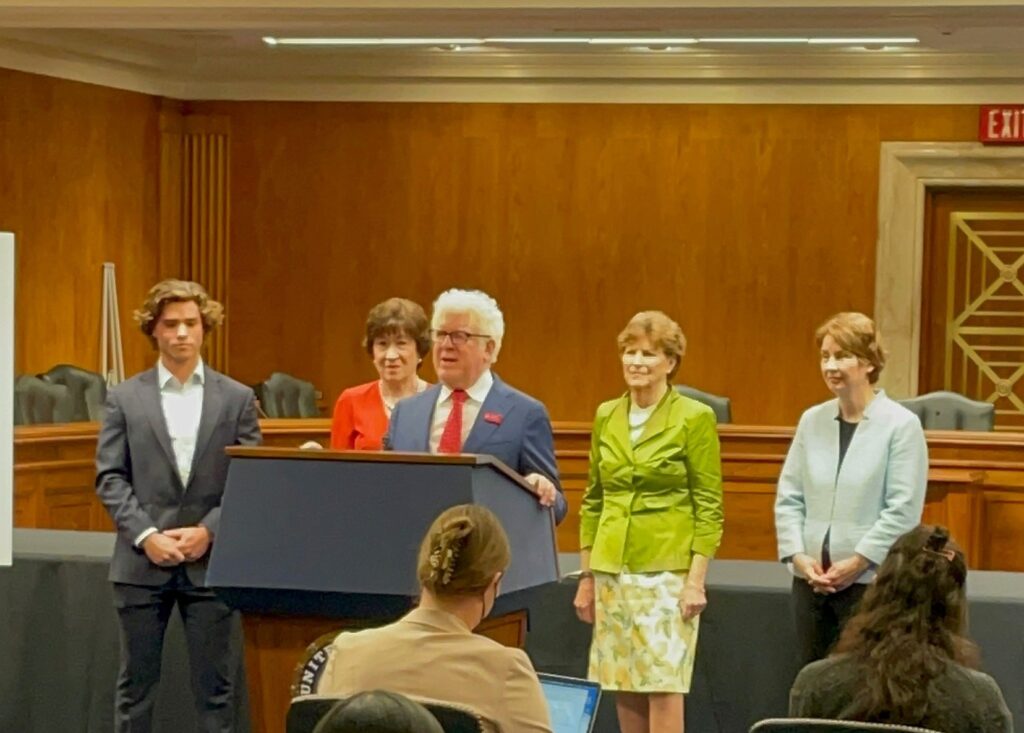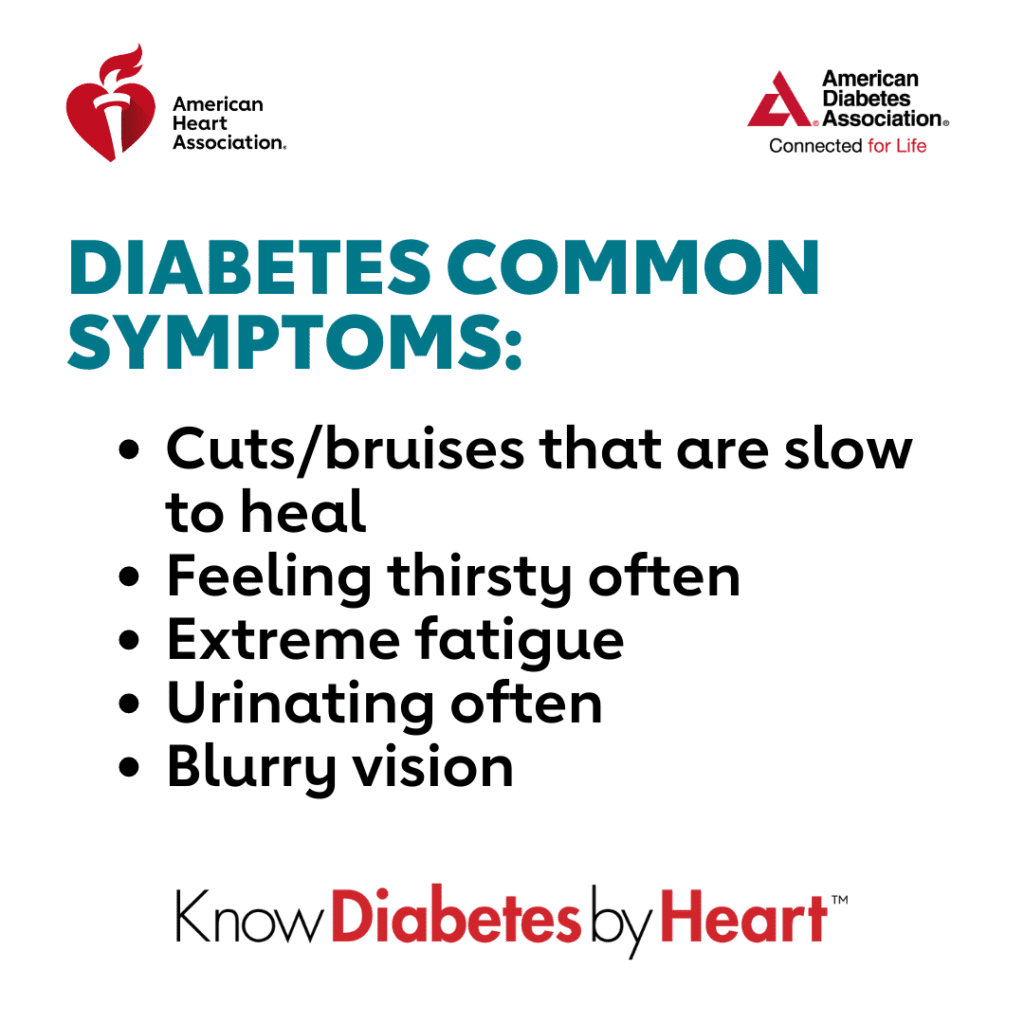U.S. Senators Jeanne Shaheen (D-NH) and Susan Collins (R-ME) recently introduced legislation (in June 2022) to make insulin more affordable. This is could impact millions of Americans who live with diabetes and rely on this essential drug to survive and thrive. The bipartisan “Improving Needed Safeguards for Users of Lifesaving Insulin Now (INSULIN) Act” includes important reforms to reduce the cost of insulin by incentivizing lower list prices and including limits on out-of-pocket costs for patients.
The move was applauded by the American Diabetes Association (ADA), the leading global diabetes research, advocacy and education organization. Numerous other health authorities also have urged Congress to introduce and pass the INSULIN act.
Why is Insulin Important?
Diabetes, as defined by the ADA, is a group of diseases characterized by high blood glucose levels that result from defects in the body’s ability to produce and/or use insulin. Diabetes can also impact one’s eyes, nerves, kidneys, heart and other organs.
In people who don’t have diabetes, insulin is a naturally occurring hormone that typically works to regulate blood sugar levels, and also store excess glucose for energy. But, in people with type 1 diabetes, the pancreas no longer makes insulin. The beta cells have been destroyed and they need insulin shots to use glucose from meals. And people with type 2 diabetes make insulin, but their bodies don’t respond well to it. Some people with type 2 diabetes need diabetes pills or insulin shots to help their bodies use glucose for energy.
More than 37 million Americans – about 11% of our nation – are living with diabetes; and 8.4 million Americans rely on insulin to manage their health. Unfortunately, insulin costs 10 times more in the U.S. than anywhere else in the world! And, consequently, as many as 1-in-4 insulin users report rationing their insulin – meaning skipping doses or taking less than they need; and, thus, putting themselves at risk for serious and even deadly complications.

In the diabetes community, which includes an outsized number of low-income Americans and for whom insulin means the difference between life and death, the rising cost of insulin is unsustainable. That’s why the ADA has led the effort to establish insulin co-pay cap laws in 21 states and the District of Columbia, and has long advocated for reform of the prescription drug rebate system that inflates the cost of insulin and other prescription drugs.
“This legislation and leadership by Senators Shaheen and Collins addresses some of the root cost-drivers of insulin, making the drug more affordable for people with diabetes who are facing serious and expensive complications without access,” Dr. Robert Gabbay, chief scientific and medical officer for the ADA, stated in a press statement. “At the American Diabetes Association, we always stand for what is best for people with diabetes, and this legislation will ensure that millions of Americans pay less for their insulin.”
In just the last few weeks alone, more than 52,000 of the ADA’s advocates have weighed in with their representatives and senators in every state, urging support for these measures, according to the organization.

“We applaud the commitment of Senators Shaheen and Collins to finally make insulin affordable at a national level and we thank them for their leadership in legislation that includes important reforms to reduce the price of insulin by incentivizing lower list prices and include limits on out-of-pocket costs,” said Lisa Murdock, chief advocacy officer of the American Diabetes Association. “Critically, these provisions would help both the insured and the uninsured patient communities.”
The ADA actually launched its “Make Insulin Affordable” initiative back in 2016, declaring that people with diabetes shouldn’t have to cut back on or skip doses of insulin – or, conversely, forgo other necessities to pay for insulin. This legislation has been a long time coming…
So, will this legislation impact your family and/or friends? Share your thoughts with us on Facebook, Twitter, Instagram and LinkedIn. And find out how you can take action by going to the ADA’s Diabetes Advocacy Platform.






